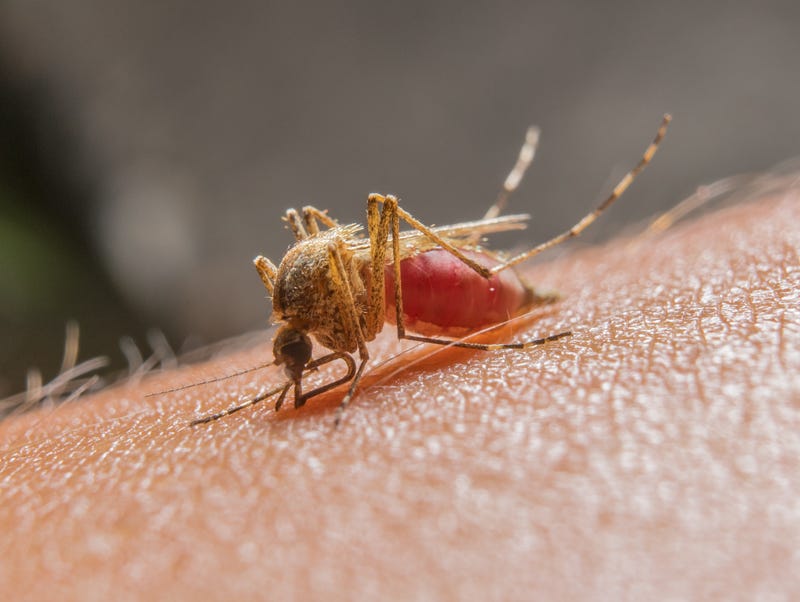
Dallas County officials have confirmed the season’s first human case of West Nile virus — a man in his early 40s diagnosed with a non-neuroinvasive form of the disease.
Mosquito surveillance teams have detected 98 positive West Nile–infected mosquito pools across Dallas County so far this season, beginning in May.
Health leaders emphasize that prevention is crucial — urging residents to follow the “4 Ds”: use DEET-based repellents, wear long and light-colored clothing, drain standing water, and avoid being outside from dusk to dawn when mosquitoes are most active.
With 37 human cases and three deaths reported in 2024, officials warn that mosquito-borne risks remain elevated and stress community efforts to reduce exposure and protect vulnerable populations.
West Nile virus can show up in a few different ways - most people don’t even know they have it. But when symptoms do appear, they generally fall into two categories:
1. Mild (most common): "West Nile Fever"
These show up in about 1 in 5 infected people:
Fever
Headache
Body aches
Fatigue
Skin rash (in some cases)
Swollen lymph nodes
Eye pain or nausea
Treatment:
There’s no specific medication - just rest, fluids, and over-the-counter pain relievers like ibuprofen or acetaminophen. Most people recover fully, but fatigue can last for weeks.
2. Severe (rare but serious): "Neuroinvasive disease"
Occurs in about 1 in 150 infected people - this is when the virus affects the brain or spinal cord. It can cause:
Encephalitis (brain inflammation)
Meningitis (inflammation of membranes around the brain/spinal cord)
High fever
Disorientation or confusion
Seizures
Muscle weakness
Paralysis
Coma
Treatment:
This is a medical emergency. Patients usually need hospitalization, IV fluids, breathing support, and possibly intensive care. Long-term neurological effects are possible.
Bottom line?
Most people have no symptoms or just feel like they’ve had a bad cold. But if someone develops confusion, severe headache, neck stiffness, or muscle weakness - especially after a mosquito bite - it’s time to see a doctor immediately.
LISTEN on the Audacy App
Tell your Smart Speaker to "PLAY 1080 KRLD"
Sign Up to receive our KRLD Insider Newsletter for more news
Follow us on Facebook | Twitter | Instagram | YouTube
